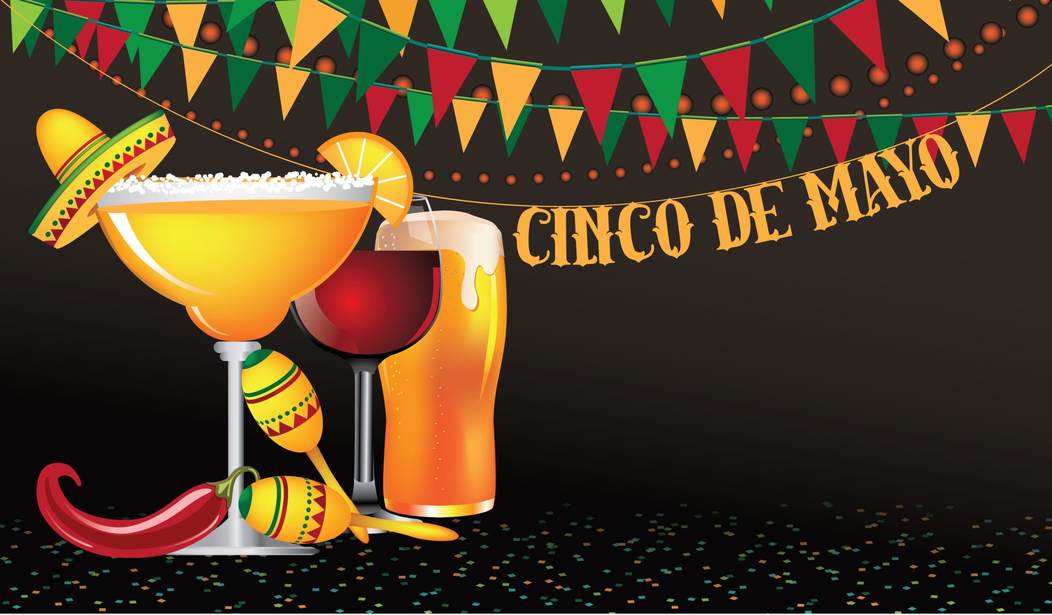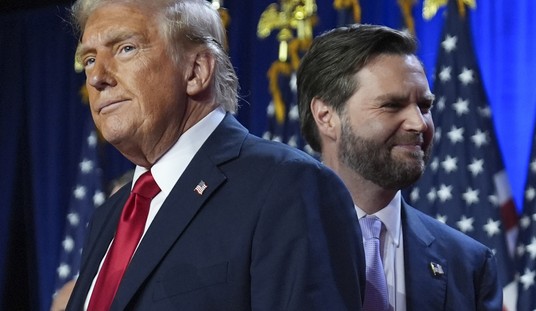The Southern Poverty Law Center (SPLC) took a break from prosecuting the Ku Klux Klan and blasting mainstream conservative organizations as “hate groups” in order to protect Cinco de Mayo from “cultural appropriation” this weekend.
“Most of the festivities surrounding [Cinco de Mayo] in the US are textbook examples of cultural appropriation, relegating the history and culture of Mexican people to novelty items,” the SPLC tweeted on Saturday. “Mexican culture cannot be reduced to tacos, oversized sombreros and piñatas.”
Most of the festivities surrounding #CincodeMayo in the US are textbook examples of cultural appropriation, relegating the history and culture of Mexican people to novelty items. Mexican culture cannot be reduced to tacos, oversized sombreros and piñatas. https://t.co/kffsaJWPUJ
— Southern Poverty Law Center (@splcenter) May 5, 2018
The tweet included a link to an article about Cinco de Mayo on Tolerance.org, explaining what the holiday is and is not.
“Cinco de Mayo (the fifth of May) is not Mexico’s Independence Day,” Lauryn Mascareñaz emphatically declared. This is true. Rather, “Cinco de Mayo is the day in 1862 when a small, largely outnumbered group of Mexican soldiers took on an invading French army at the Battle of Puebla—and won. General Ignacio Zaragoza and his troops inspired Union soldiers who were fighting in the American Civil War. These Union soldiers celebrated with parades, folklórico dancers, bull fights and traditional music honoring the Mexican soldiers and people.”
In other words, Cinco de Mayo has a long, proud history of “cultural appropriation.” The Mexican soldiers who defeated the French army at the Battle of Puebla did not fight for the cause of the Union in the American Civil War. The Civil War enabled France to invade Mexico, and the French defeat in Mexico may have alleviated Union soldiers’s fear that France would join the Civil War on the side of the Confederacy, which was never likely.
The Union soldiers took joy in Mexico’s victory, celebrating with various aspects of Mexican culture. Mascareñaz suggested that this “positive” and affirming celebration contrasted with the modern celebration of Cinco de Mayo. In the intervening years, the holiday “morphed into a celebration of Mexican ‘heritage’ that is painfully false and largely publicized through alcohol advertising.”
She linked to a Washington Post story from 2014, reporting on outrage after the MSNBC show “Way Too Early” attempted to celebrate Cinco de Mayo in a tragically off-kilter fashion. “Welcome to ‘Way too Early,’ the show that loves Cinco de Mayo…even though we only speak Spanish un poco,” host Thomas Roberts began, ushering in a surface-level celebration of tequila, sombreros, and maracas that many found offensive. She also referenced a situation in 2010 at a California high school where students proudly wore American flag t-shirts at a Cinco de Mayo event, clearly aiming to insult Mexicans.
Mascareñaz urged teachers to educate students as to “what Cinco de Mayo is—and what it is not. Teach them the difference between cultural appropriation and cultural appreciation.”
Even so, her definition of cultural appropriation fits the first celebration of Cinco de Mayo in America — a celebration she suggested was not an act of cultural appropriation. “Cultural appropriation occurs when a person or other entity—a sports franchise, for example—claims as their own an aspect of a culture that does not belong to them,” she wrote. “Doing so can, knowingly or unknowingly, deny the authenticity of that culture, particularly if it belongs to a marginalized group, and it can send harmful messages rooted in misinformation, prejudice and stereotypes.”
Liberals like Mascareñaz warn vociferously against cultural appropriation, but the very concept is tricky to define. Ultimately, the difference between cultural appropriation and cultural appreciation seems to boil down to respect — the “Way Too Early” Cinco de Mayo came across as offensive and patronizing, while the Union soldiers’s celebration respectfully honored Mexican culture (at least in the eyes of Mascareñaz).
The SPLC author suggested a few ways to learn more about Mexico and therefore honor Mexican culture. She told teachers to teach students “about the Grito de Dolores (Cry of Dolores) and how Mexico asserted its independence on September 16, 1810. Teach them about Mexico’s ancient civilizations, including those that built enormous pyramids and used hieroglyphs to create calendars.” (Don’t forget the brutal Aztec human sacrifice — which Mexicans today emphatically reject but some Americans resurrected in an attempt to mock Donald Trump.)
“Teach them about the long history of struggle in Mexico, a country that has been at war many times to protect its land and its people from conquistadors and the politics of Manifest Destiny. Teach your students about the rich, multifaceted culture that thrives in the different regions of Mexico, and the scientists, activists, artists and change makers who hail from this country,” Mascareñaz declared.
Mexico indeed has a rich and complex heritage, and many great things about Mexico (its eventual rejection of human sacrifice, for example) come from the influence of its Roman Catholic Christianity.
All the same, Americans should not feel ashamed of sipping on a margarita on Cinco Day Mayo, or at any other time at a Mexican restaurant. As much as consumerism may seem offensive to some, if Americans dine at establishments run by Mexicans and other South and Central Americans, the patrons will enjoy delicious food, and they will support hard-working business owners who share a small part of what their culture has to offer.
Americans should have a healthy respect for Mexican heritage, for their neighbors with Mexican backgrounds, and for legal immigrants from Mexico. Aggressive cultural clashes as at the California high school in 2010 are offensive, whether they are termed “cultural appropriation” or not. Respect is the foundation of a healthy society, and both the Right and the Left should support it.
That said, “cultural appropriation” has become more a political cudgel of political correctness than a tool to ensure proper respect. Perhaps no incident better demonstrates this than the outrage ensuing from a white girl attacked for wearing a Chinese dress to prom.
Does the Southern Poverty Law Center really have nothing better to do than berate Americans over their decision to patronize a local taco food truck on Cinco de Mayo? Granted, that is better than putting a target on the backs of mainstream conservative organizations, but it still seems petty for an organization that rose to prominence for taking the Ku Klux Klan to court.









Join the conversation as a VIP Member